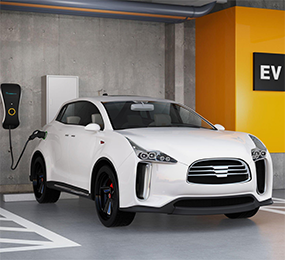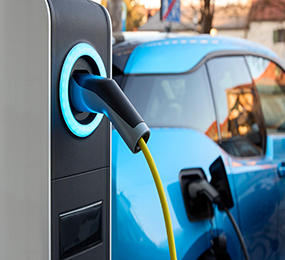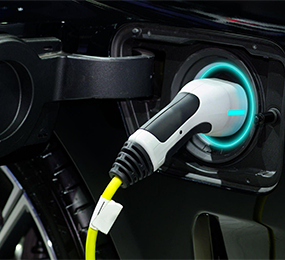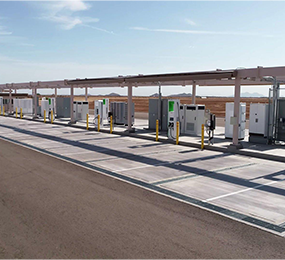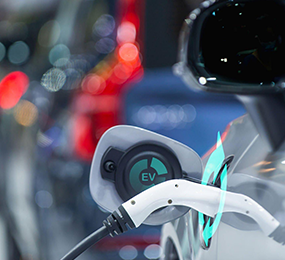Sustainable and Scalable Solutions for EV Charging Infrastructure
As the demand for electric vehicles (EVs) continues to rise, the need for sustainable and scalable solutions for EV charging infrastructure becomes increasingly important. To support the widespread adoption of EVs and ensure a seamless charging experience, innovative approaches are necessary.
Sustainability is a key aspect of EV charging infrastructure. By incorporating renewable energy sources, such as solar and wind, into charging stations, we can reduce the carbon footprint associated with EV charging. This promotes a cleaner and greener transportation system, aligning with our goals of combating climate change and reducing reliance on fossil fuels.
Furthermore, sustainable EV charging infrastructure should prioritize energy efficiency. This can be achieved through smart charging technologies that optimize energy consumption, load balancing, and grid integration. By managing charging times and utilizing off-peak hours, we can minimize strain on the electrical grid and maximize the utilization of renewable energy resources.
Scalability is equally important to meet the growing demand for EV charging. This requires a strategic approach to infrastructure planning and investment. Implementing a network of fast-charging stations along major highways and in urban areas ensures convenient access for EV owners and facilitates long-distance travel. Additionally, deploying charging infrastructure in residential areas, workplaces, and public spaces allows for convenient charging options in everyday life.
To achieve scalability, interoperability and standardization are crucial. EV charging stations should be compatible with different vehicle models and support multiple charging standards. This enables seamless roaming and avoids the need for EV owners to carry multiple charging cards or adapters. Standardization also simplifies the deployment and maintenance of charging infrastructure, making it easier for operators and service providers to expand their networks.
Furthermore, the integration of smart technology and data analytics plays a significant role in optimizing the scalability of EV charging infrastructure. By utilizing real-time data on charging patterns, energy demand, and grid conditions, operators can better manage and allocate resources. This allows for dynamic pricing, load balancing, and predictive maintenance, ensuring efficient and reliable charging services.
In conclusion, sustainable and scalable solutions for EV charging infrastructure are essential for supporting the growing adoption of electric vehicles. By incorporating renewable energy sources, optimizing energy efficiency, and focusing on interoperability and standardization, we can create a robust and accessible charging network. Smart technologies and data analytics further enhance scalability, enabling efficient resource management and improved user experience. By investing in sustainable and scalable solutions, we can drive the transition to a cleaner and more sustainable transportation future.
Visit our website to know more: https://www.leadventgrp.com/events/2nd-annual-ev-charging-infrastructure-forum/details
For more information and group participation, contact us: [email protected]
Leadvent Group - Industry Leading Events for Business Leaders!
www.leadventgrp.com| [email protected]


